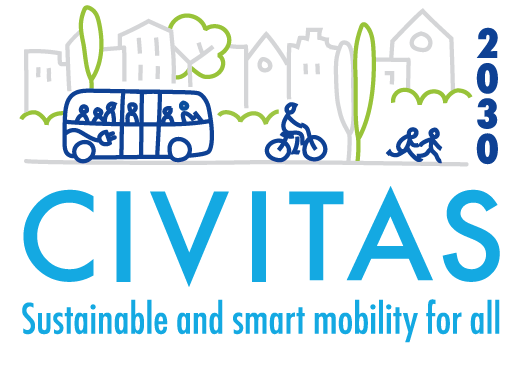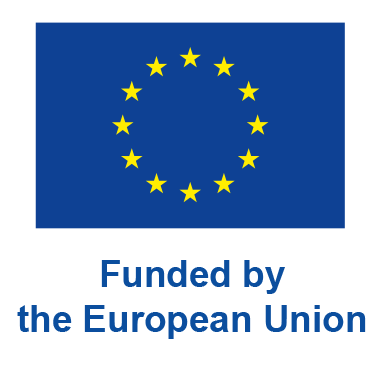
SPINE aims to accelerate progress towards climate neutrality by integrating public transport systems with new mobility services, sharing schemes, active transport modes, and micromobility.

An equity-centered design thinking approach is adopted to create a more efficient, sustainable, resilient, and inclusive public transport system.

A network of collaborative Living Labs (LLs) is developed to promote transferability and an intersectional view of transport system users.

Four Lead City LLs are established in Antwerp, Bologna, Tallin, and Las Palmas, where co-creation activities will take place with multiple stakeholders to develop efficient, replicable, and socially acceptable innovative mobility solutions.

SPINE approach includes innovative simulation and Digital Twining (DT) tools, open data and behavioural models, and data-driven impact assessment models to build scenarios and implement the most promising mobility interventions.

The successful solutions developed in the four LLs will be adapted and transferred to seven Twining Cities – Barreiro, Valladolid, Zilina, Sibenik, Hrakleion, Gdynia, and Rouen.

The project sets an ambitious plan for the co-design and implementation of 55 smart greens inclusive mobility solutions.
The SPINE consortium consists of experienced professionals, including transport engineers, public transport operators, computer scientists, data analysts, transport modelers, social scientists, urban planners, policy analysts, and software providers, who will provide a comprehensive approach to the challenges, scope, and expected impact of the project.



